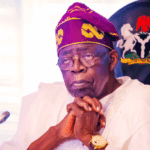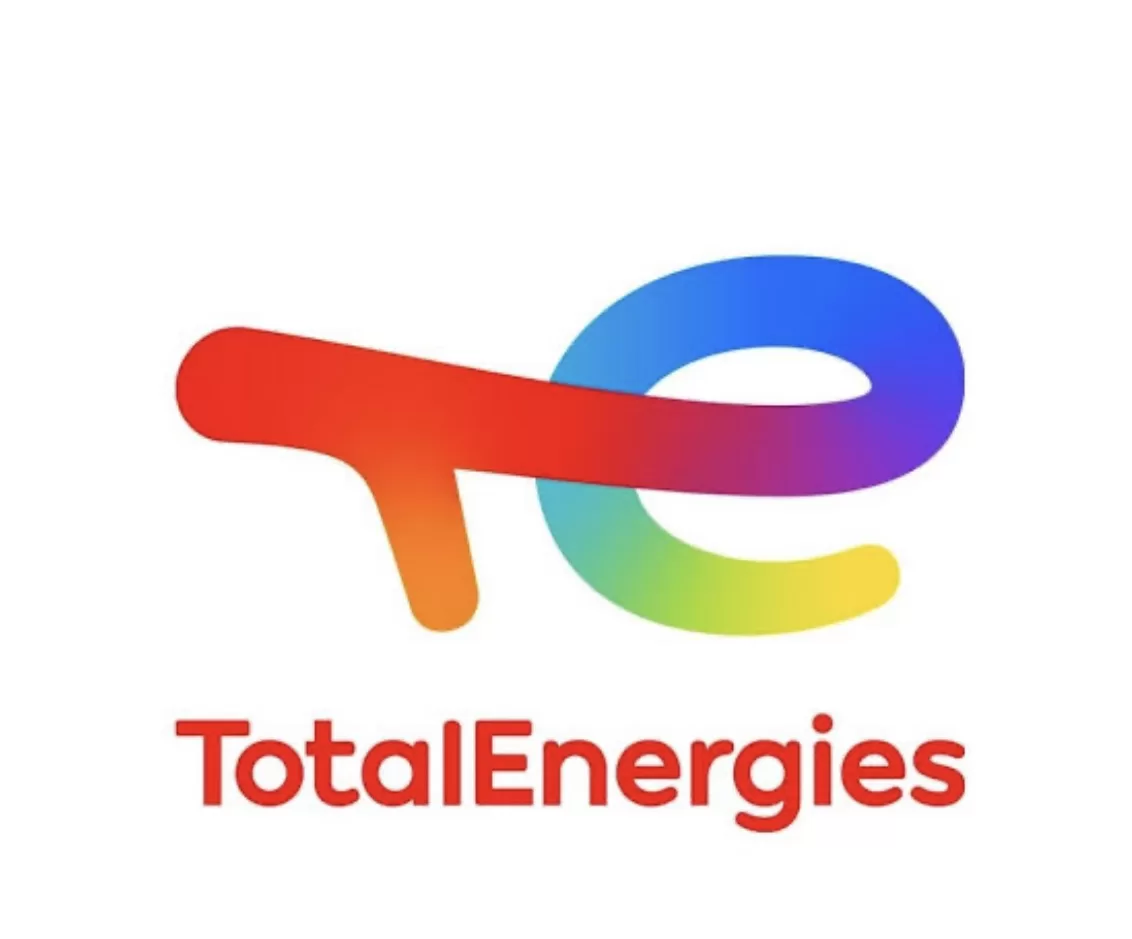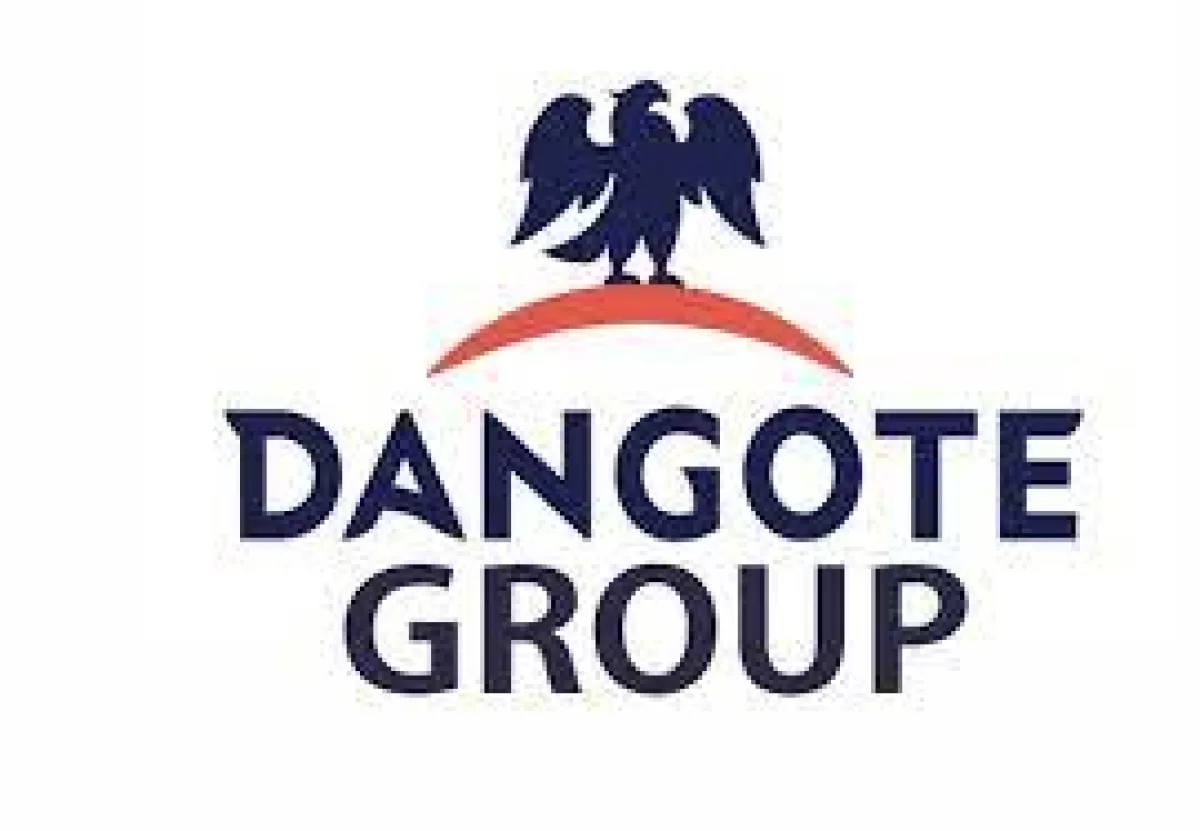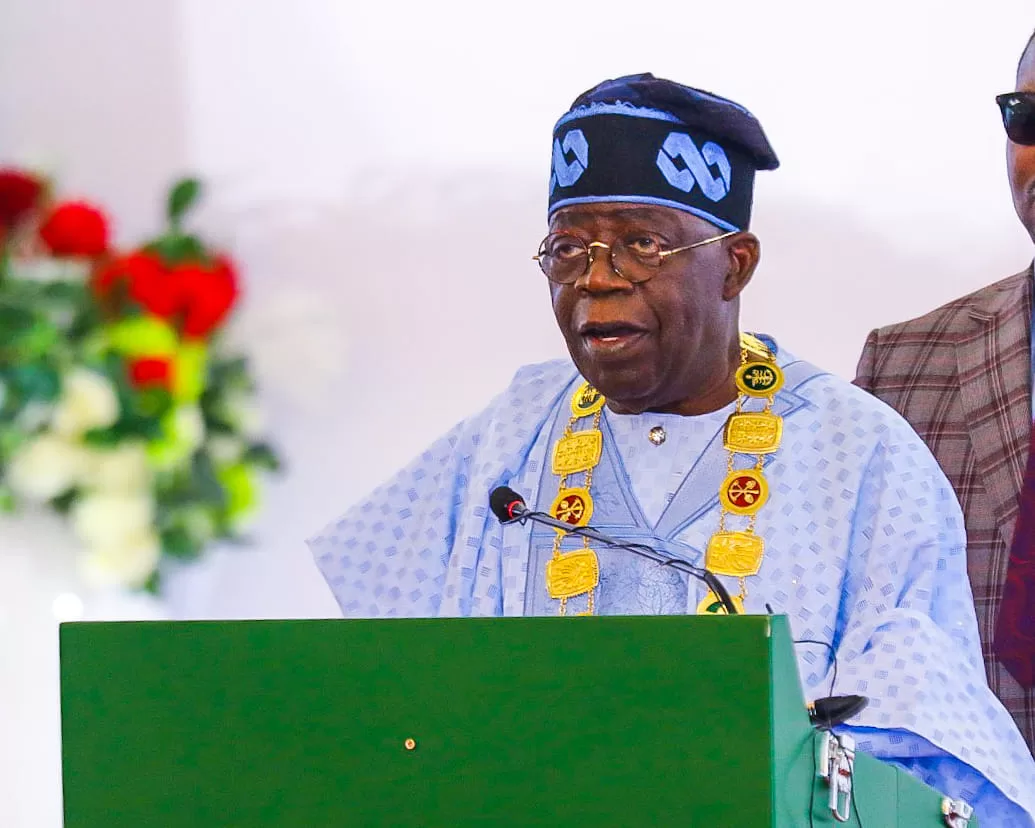The President and CEO of TotalEnergies, Patrick Pouyanne, has disclosed the company’s renewed interest in investing heavily in Nigeria’s oil sector, stating it is prepared to commit billions of dollars in the nation’s ongoing oil bid round.
Pouyanne shared this intention during a meeting with the Chief Executive of the Nigerian Upstream Petroleum Regulatory Commission, Gbenga Komolafe held at the commission’s headquarters in Jabi, Abuja.
This development follows Pouyanne’s decision a few months ago to invest $6 billion in Angola over Nigeria, citing frustrations with Nigeria’s regulatory landscape.
However, the NUPRC’s statement from the recent meeting emphasized productive discussions on topics of strategic interest to TotalEnergies, including current divestment strategies, investment policies, and the necessary regulatory consents, particularly regarding the Shell Petroleum Development Company Joint Venture.
This joint venture deal is now under close review for its potential influence on Nigeria’s future upstream oil and gas investments.
During the meeting, Pouyanne expressed enthusiasm for Nigeria’s current bid round, indicating TotalEnergies’ serious intent by registering to participate in the process.
“He informed the CCE that TotalEnergies has registered for the current bid round, signalling its commitment to exploring new opportunities and gaining insight into the NUPRC’s perspective on the process. These include the commission’s approach to contract types and the necessity of partnerships within the bidding framework,” read the NUPRC’s statement.
Beyond securing exploration rights, TotalEnergies is keenly interested in Nigeria’s domestic crude oil supply policies, aiming to boost operational efficiency and align closely with the regulatory commission’s broader goals.
Other focal points include TotalEnergies’ interest in Nigeria’s policies for decommissioning and abandonment of oil sites, which are essential as the country seeks to modernize and secure its upstream oil sector.
The NUPRC’s statement noted Pouyanne’s praise for the agency’s ongoing efforts to rebuild investor confidence, adding that the company intends to make substantial investments as it joins the 2024 licensing round.
“The TotalEnergies CEO also commended NUPRC for the restoration of investors’ confidence in the Nigerian upstream sector and promised billions of USD investment and participation in the 2024 licensing round,” it added.
In response, Komolafe affirmed the NUPRC’s determination to cultivate a business-friendly environment in Nigeria’s petroleum sector.
He underscored that the NUPRC, acting under the Petroleum Industry Act, is crafting new regulations designed to streamline business operations and reduce regulatory hurdles for foreign investors.
Notably, Pouyanne’s comments contrast sharply with his remarks in May when he explained to Aliko Dangote, President of the Dangote Group, why TotalEnergies had chosen Angola over Nigeria for a massive $6 billion energy investment.
At the Africa CEO forum in Kigali, Rwanda, Pouyanne criticized the policy landscape in Nigeria, highlighting that “inconsistency in policy-making” had driven the company to prioritize Angola.
“Nigeria loves to open topics without closing them. You love to debate. There is always a new legislature in Nigeria about a new petroleum law. When you have such permanent debates, it’s difficult for investors looking for long-term structure to know what direction to go,” he said.
Pouyanne also highlighted that although the Niger Delta remains West Africa’s most productive region, the ongoing policy discussions and lack of a clear, stable framework have made long-term investments challenging.
“In reality, the Niger Delta is the most prolific part of West Africa. But if you look at what happened, because of these debates, there has not been a single exploration in Nigeria for 12 years. It’s important to have a debate and then settle it and put a framework on the table that investors can trust,” he remarked.
In contrast, Pouyanne noted that TotalEnergies’ decision to invest in Angola came from the country’s well-established regulatory framework, which provides clarity for investors.
“We have countries that have perfectly integrated policies like Angola. So, we went to Angola and announced a very large $6bn project at the beginning of the week (in May) because their framework is stable. So we know where we go,” he had stated five months prior.
This renewed interest in Nigeria, however, signals a potential shift as the NUPRC works to implement reforms aimed at stabilizing the regulatory landscape and attracting investments into the upstream sector.











